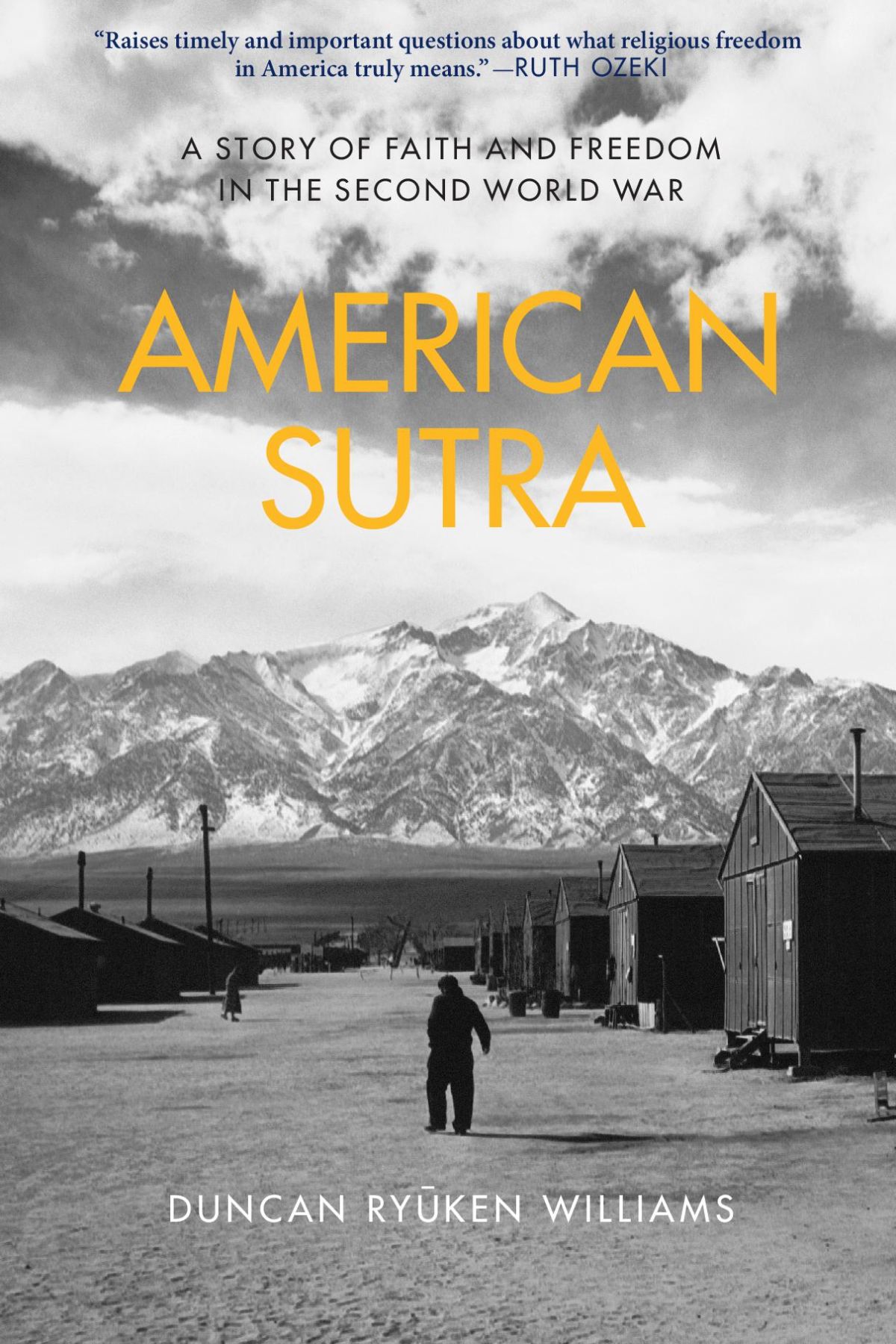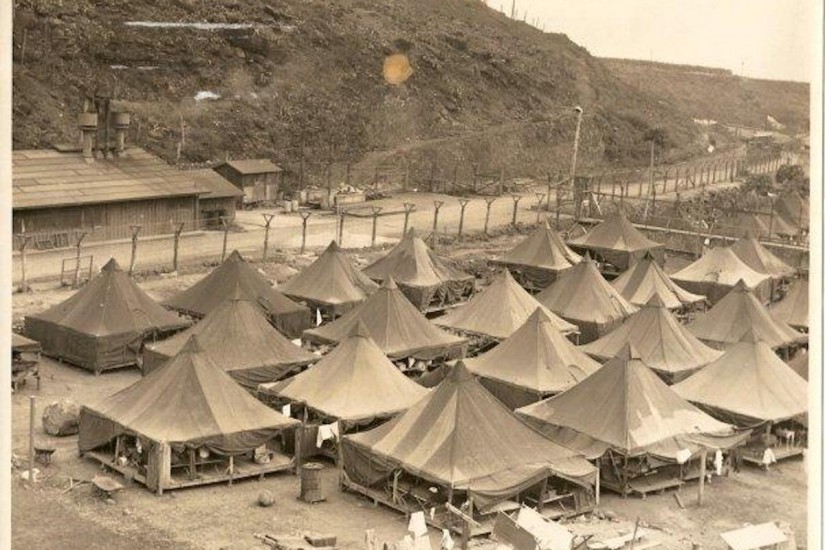In Honolulu in December 1941, when an Army interrogator asked 21-year-old David Kobata, an American citizen, to step on an image of the Japanese Emperor to prove his loyalty to the United States, the parallel to the ancient Japanese practice of fumi-e was not lost on Kobata.
After the Japanese attack, the U.S. Army had declared martial law on the islands of Hawai‘i, and rounded up not only enemy aliens or Japanese nationals, but also American citizens of Japanese descent. Kobata had been working as a truck driver at Pearl Harbor and other waterfront areas, but authorities had deemed him a security risk and swiftly confiscated his truck-operator license. Though American-born and raised, he had spent some years in Hiroshima Prefecture during his youth, living with his devout Buddhist grandmother. Three of his brothers were living in Japan when war broke out, and his mother was stranded there, having recently traveled with his deceased father’s ashes to perform Buddhist rites in her husband’s hometown temple. As a so-called kibei (an American-born citizen of Japanese descent, educated to some extent in Japan), Kobata was a target of the animus and suspicion directed toward anyone assumed to have dubious or split loyalties.
“You, David Kobata, say you pledge your loyalty to the United States. Can you prove it to me by stepping on the Emperor’s picture?” the Army interrogator asked.
“Oh, yes, I will, but under one condition,” Kobata said. “What is the condition?”
“You lay down President Roosevelt’s picture on the floor and you step on that, too. If you do, I will step on the Emperor’s picture.”
“Why do you want that?”
“Even though it is President Roosevelt’s picture, I don’t believe that you are going to be disloyal to the President,” Kobata told the interrogator. “How can you take it as proof that if I step on the Emperor’s picture I am proving my loyalty to the country America?”
Kobata later recalled, “They let me go, but when I came out of the office I had cold sweat, because I thought that if this was in Japan and I had said that, I think I would be dead by now. But, I said to myself, this is America. They respect the freedom of speech.”
Nonetheless, like other American Buddhists at the time who persisted in believing both in their religion and in their American constitutional rights, Kobata was subjected to numerous interrogations by the Army, the Office of Naval Intelligence, and the FBI. He maintained his loyalty to the United States despite his ethnic, cultural, and religious connections to Japan.

